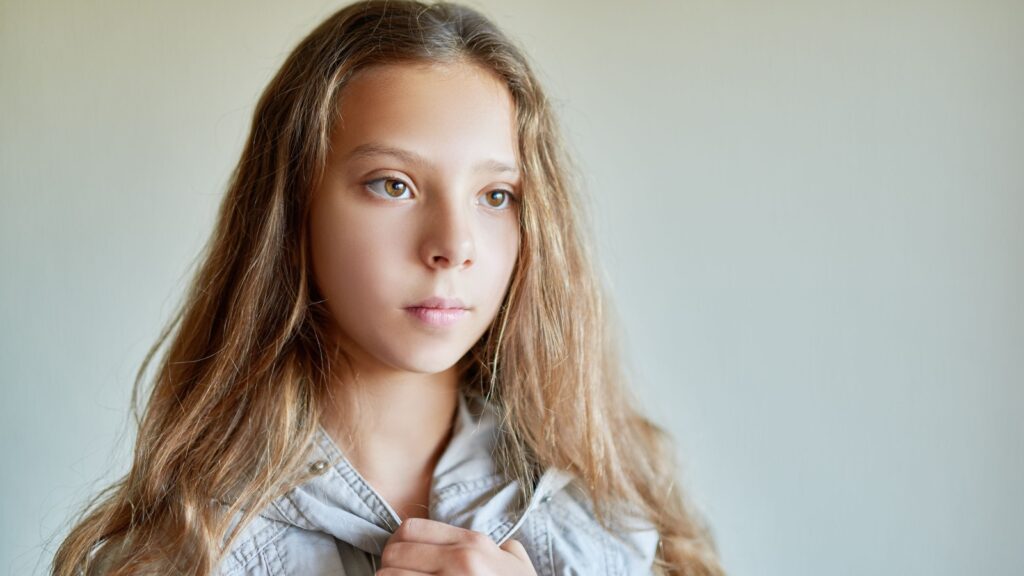Parents don’t set out to raise kids who bend over backwards to keep everyone happy. Unfortunately, it happens more often than you’d think. It’s usually the day-to-day habits that affect how kids handle other people’s feelings. Here are some ways that you could be turning your kid into a people-pleaser without anyone realizing it.
Praising Them For Being Low-Maintenance

Telling your kid that they’re “so easy” after a long day out sounds harmless, but that kind of compliment plants a seed. Kids learn that being liked equals not needing much. Before long, they’re the ones who’d rather stay quiet than speak up for something as simple as a bathroom break because they’re trying to keep that “easy kid” label.
Using “Be Nice” As a Catch-All Rule
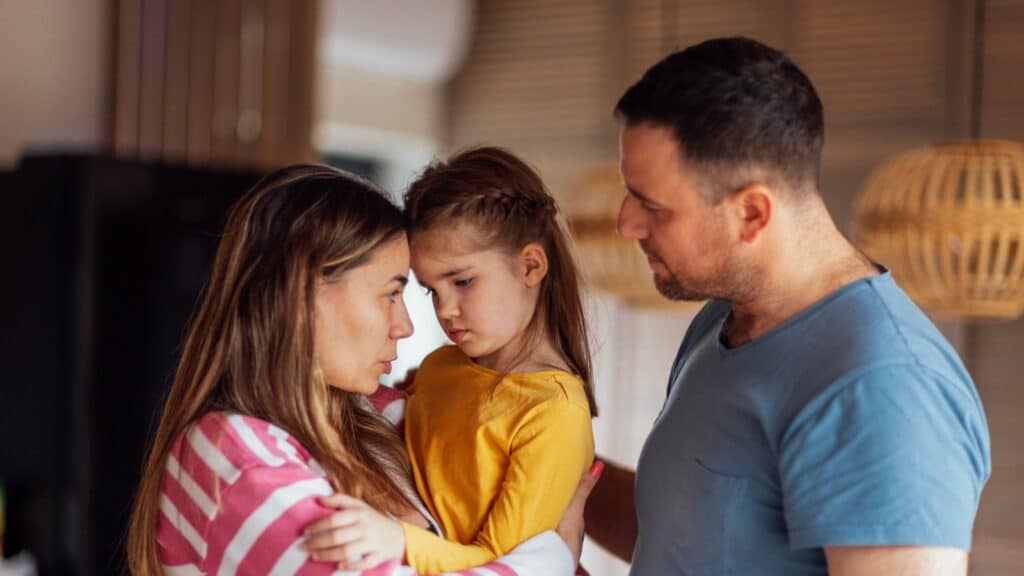
Sure, telling your child to “be nice” before going to a party is a good idea. But it doesn’t tell kids what to actually do when something feels uncomfortable, and they simply end up guessing what to do. Usually, that means nodding along and giving in fast. They may even apologize first just to keep everything going okay, even when something seriously bugs them.
Letting Siblings Speak For Them
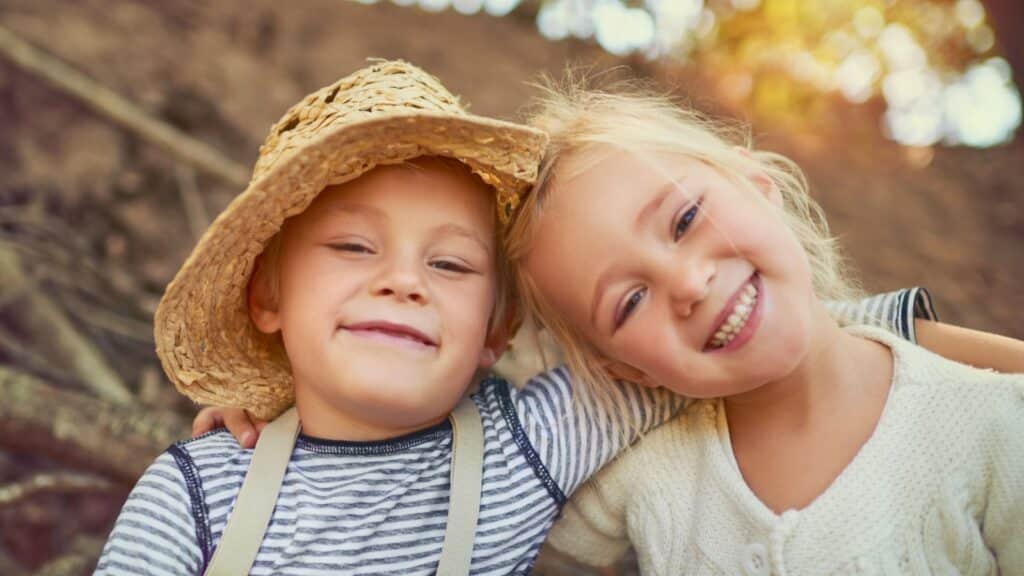
An older sibling ordering for the younger one or answering questions at the doctor’s does save time. Yet it also teaches the quiet kid that someone else can handle their words, so over time, they stop jumping in. Silence becomes easier than correcting anyone. It just feels more natural when adults smile and move right along.
Turning Helpfulness Into a Standing Role
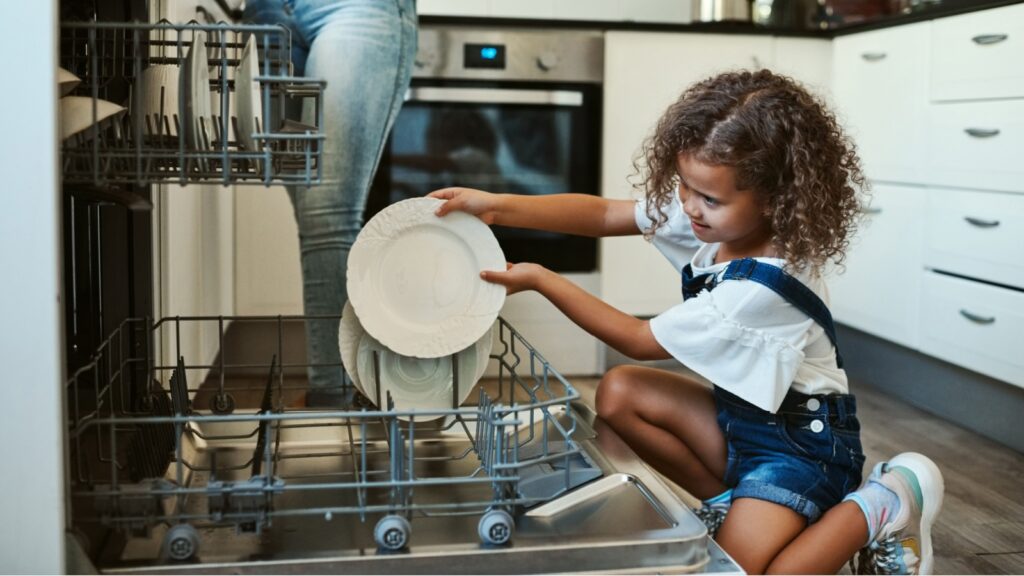
There’s always one kid who gets stuck being the helper, and they’re the ones setting tables and greeting guests. They’ll babysit cousins and make sure everyone’s comfy, which comes across as sweet. At first. Then it turns into a full-time job they never signed up for, so they start scanning the room for what others need before thinking about what they need.
Coaching “Grandma Will Be Sad If…”

Saying something like “Grandma will be sad if you don’t hug her” is more emotional manipulation than gentle encouragement. It teaches kids to manage grown-ups’ feelings and pushes the child’s true feelings about the situation aside, as the goal is to avoid someone else’s disappointment. Just how is that fair?
Posting Only the Smiling Photos

Whenever you scroll through family albums online, you might notice that the grumpy faces rarely make the cut. Parents share the smiley pictures and thank the kids for “cooperating.” Everyone cheers. Soon enough, kids work out that looking cheerful earns attention and approval, while frowns or hesitation never make the cut.
Rewarding Instant “Yes” Responses

Plenty of parents will reward their children when they agree to something right away, whether that’s through praise or extra TV time. But that also trains kids to immediately agree instead of pausing to think about things. Now, asking questions or hesitating is a bad idea. This makes the kids learn to agree, even when they’re unsure.
Prioritizing Politeness Over Accuracy

Everyone has those times when they get the wrong order, but some adults just tell their kids, “It’s fine, don’t make it a thing.” Kids notice. They see the truth take a backseat to politeness, which leads to them learning to swallow corrections. It doesn’t matter that they’re valid. Rocking the boat seems worse than letting errors slide.
Using Public Praise For Compliance

Some praise happens loudly, like “She’s always so patient” or “He never complains,” and it’s usually in front of other adults. It feels good in the moment. However, it sets a clear expectation that good kids keep everyone happy, which teaches kids to anticipate those compliments. They’ll start changing their behavior to keep them coming.
Over-Explaining Other People’s Side
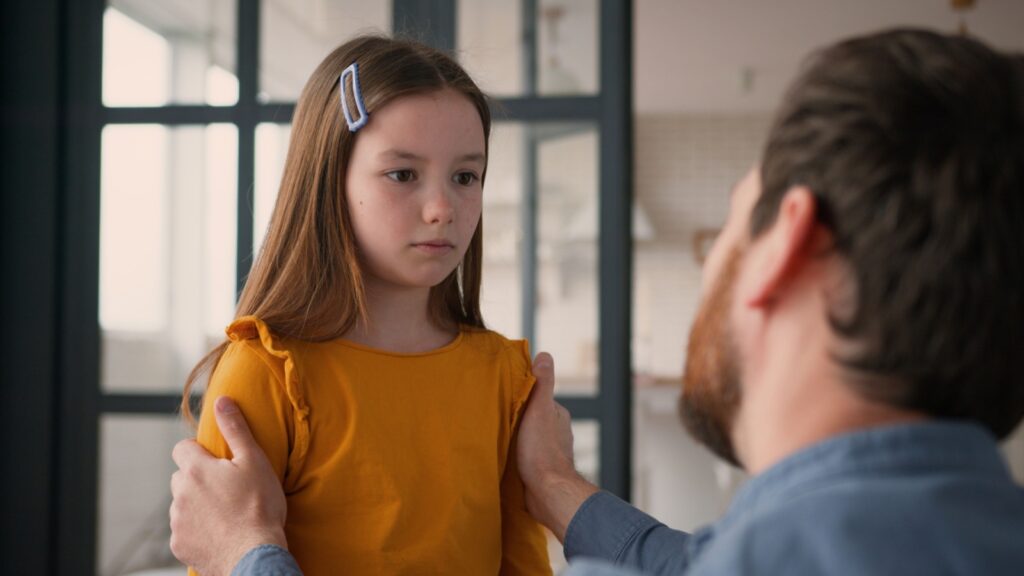
It’s natural for a kid to be upset sometimes. When that happens, a few parents jump right into explaining the other person’s feelings by saying things like, “Well, the teacher probably meant…” or “Your friend’s just having a hard day.” Yes, that’s meant to calm things down. But the kid mostly hears long, thoughtful explanations for everyone except themselves, meaning that their side no longer matters.
Thank-You Notes As Conflict Avoiders

A thank-you card sure is nice to get. However, always using it like a band-aid changes the message, as you’re simply making sure that nobody’s feelings get hurt. This leads to “thank you” changing from “I’m grateful” to “I’m responsible for smoothing this over.” That’s not something you want to teach your children.
Scheduling Their Time Around Everyone Else

Kids are often treated like their plans are entirely flexible. Soccer practice runs late? Their playdate gets bumped. Grandma visits unexpectedly? Homework time shifts. After a while, they stop expecting their schedule to actually mean anything, and instead, they become used to folding their own stuff around everyone else’s. They’ll do so even when it’s not fair.
Apologizing On Their Behalf Too Quickly

Usually, parents think they’re doing the right thing by saying “She’s sorry” to fix a situation before it gets awkward. And yes, it’s efficient, sure. But the kid doesn’t get to figure out what they actually want to say, which makes “sorry” into more of a reflex than a real thought. Their real feelings just fade into the background while adults do the talking.
Always Framing Teachers As Liking “Compliant” Kids

Most pep talks before school events have some variation on the comment, “Teachers love kids who listen and follow directions.” It’s a simple message. But that’s what makes it so bad. Kids understand that “being good” simply involves being quiet and agreeable. Questioning or challenging? That’s not allowed. Being themselves feels wrong.
Making Them the Mood Thermostat At Home
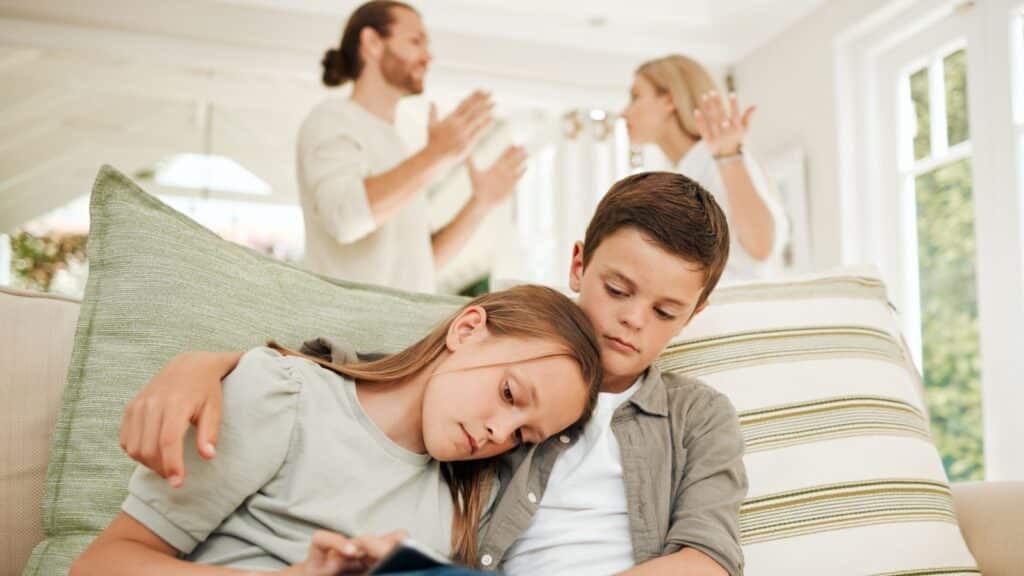
Every family has that one kid who seems to feel the tension before anyone else, so they’ll crack a joke after a tough phone call or distract siblings during arguments. They may even volunteer for tasks to cool things down. Of course, nobody ever gives them this role, but they slip into it, and it makes them emotional regulators by habit.
Volunteering Them Without Asking
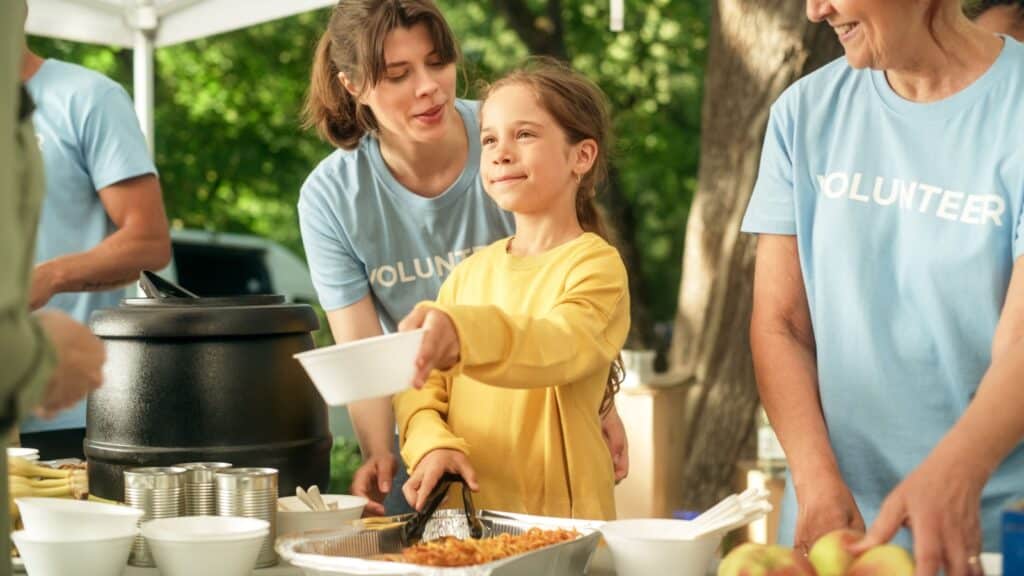
Signing your kid up for things on the spot isn’t as good as you might think. Doing so in front of other adults is unfair, as the kid’s just standing there with no real say. It makes backing out feel awkward because everyone has heard the promise already, so after a while, they stop objecting altogether. They’d rather just go along with whatever’s been arranged.
Policing Their Tone Instead of Their Words

A lot of kids learn that how they speak is more important than what they’re saying. For example, they might ask for something with a flat voice and be told, “Watch your tone.” The actual point they were making gets lost. As such, to avoid the lecture, they begin over-explaining and softening every sentence. Being clear isn’t as important as sounding pleasant.
19 Things You Should Never Say to Your Kids—No Matter Their Age

Sure, parenting is hard, and no one gets it right 100% of the time. But some phrases? They do real damage. If you’ve ever said any of these, it might be time to rethink how you talk to your kids—because these words can haunt them forever.
19 Things You Should Never Say to Your Kids—No Matter Their Age
16 Things Teachers Can’t Stand About Parents
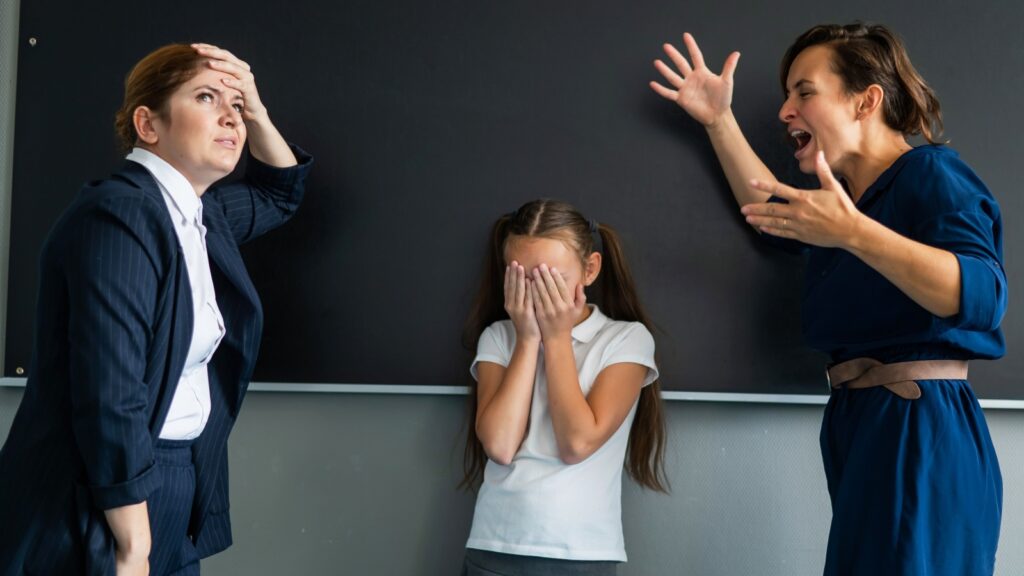
Of course, most teachers would never say it out loud because they’re complete professionals, but that doesn’t stop them from secretly judging their students’ parents. Here are sixteen things that teachers judge parents for.
16 Things Teachers Can’t Stand About Parents

